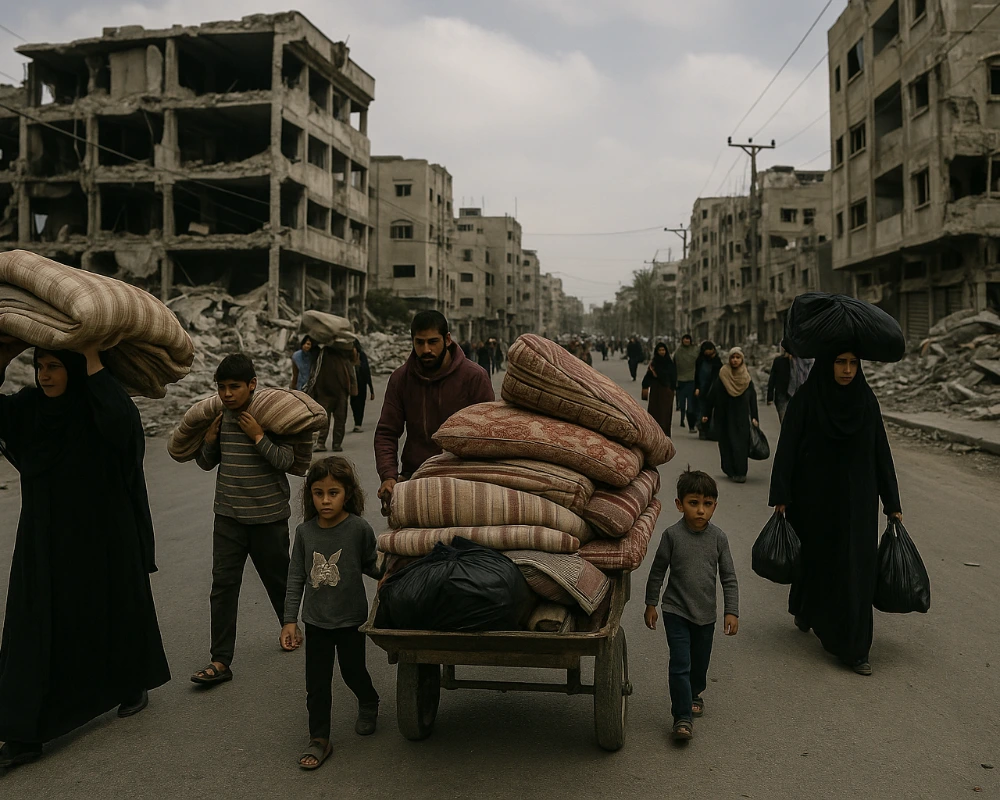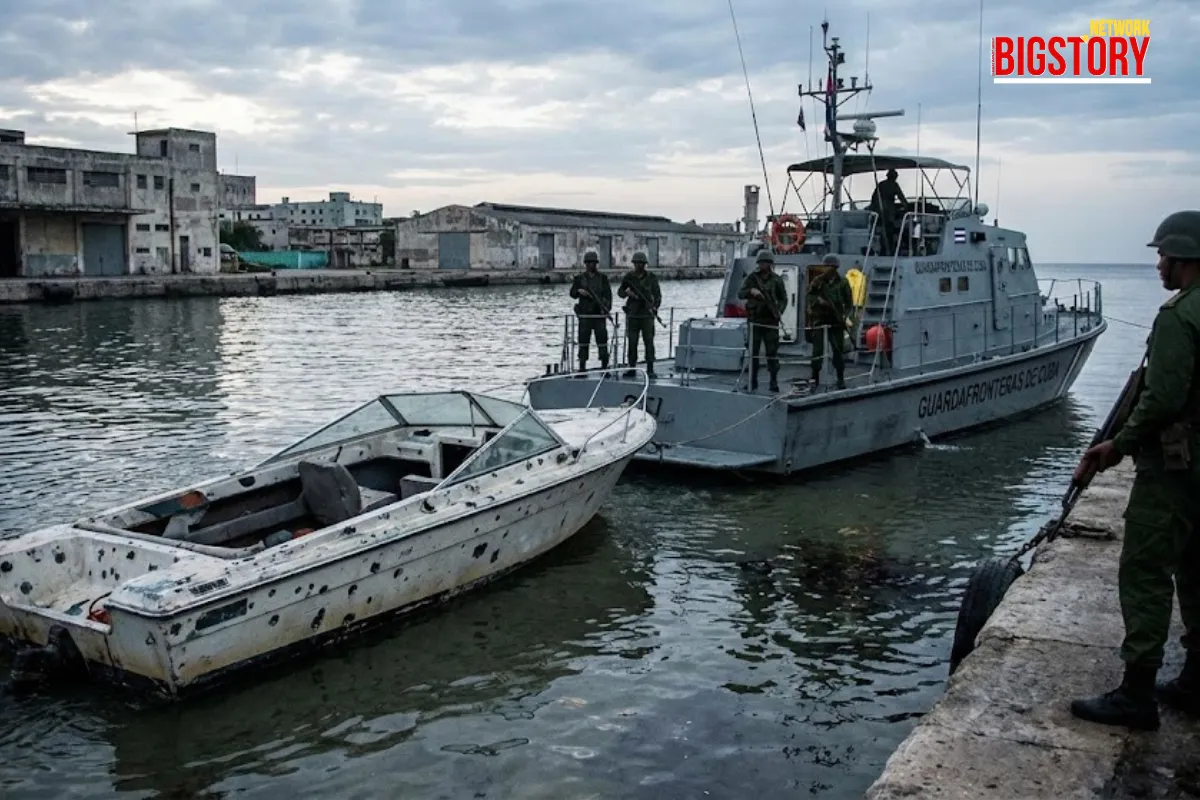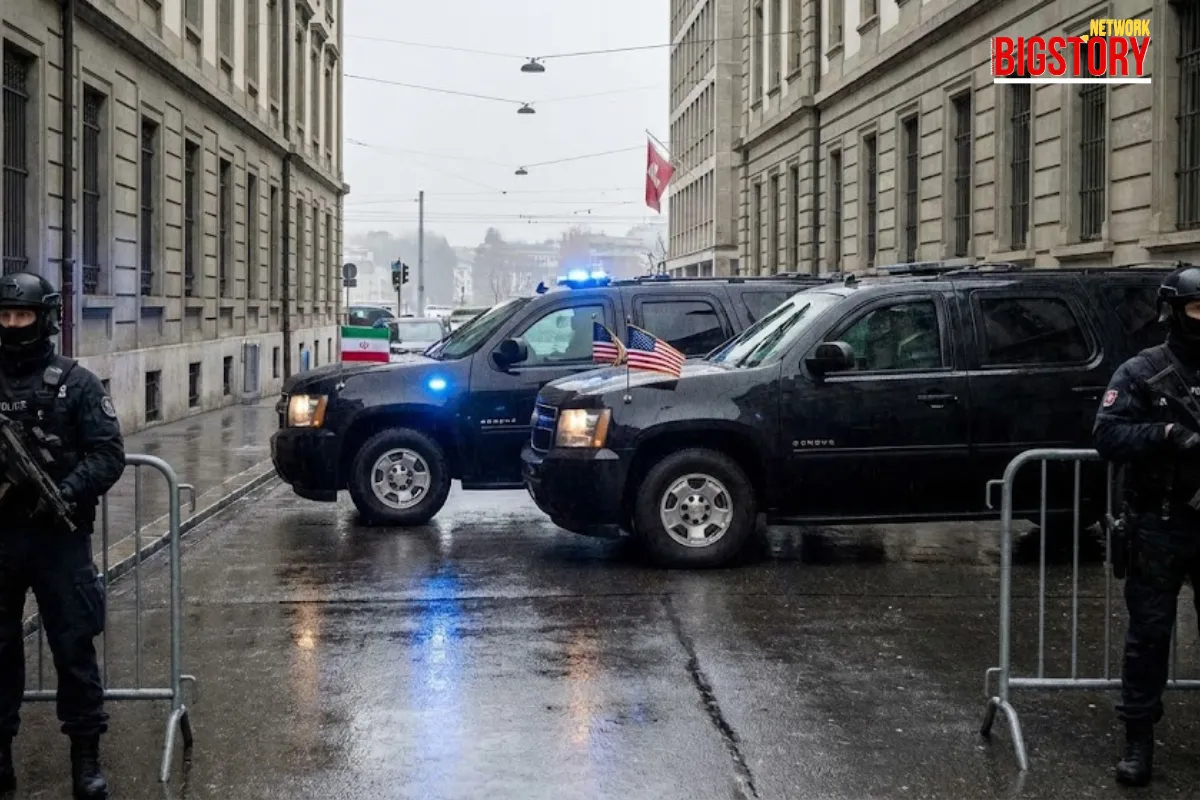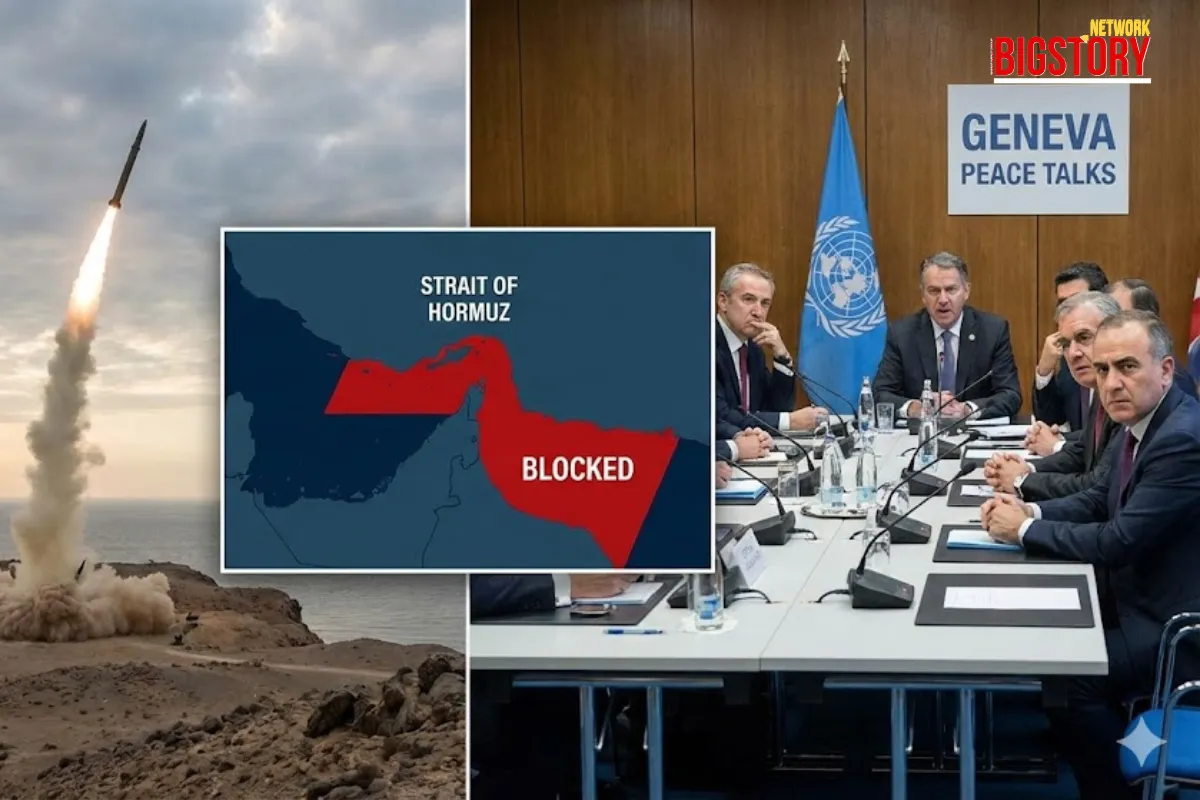Israel’s Gaza City evacuation order has sparked mass displacement, famine fears, and legal concerns. Here’s what it means for civilians and peace talks.
 Brajesh Mishra
Brajesh Mishra

Israel’s Gaza City evacuation order has escalated the conflict, pushing civilians into deeper crisis. The directive—delivered through Prime Minister Netanyahu, Defence Minister Katz, and IDF Arabic-language leaflets—demands residents flee immediately or face massive strikes. The order has triggered panic, displacement, and strong international backlash, while raising legal concerns over forced displacement.
In early September 2025, Israel issued a Gaza City evacuation order ahead of an intensified ground assault:
Residents reported no assurance of safety in designated zones, and many feared forced displacement with no return.
Since the Gaza City evacuation order, more than 80,000 people have been uprooted. Many elderly and disabled residents remain trapped, while Al-Mawasi’s camps face overcrowding and unsafe conditions.
Al-Shifa and Al-Ahli hospitals were told to evacuate, but medical staff refused to abandon patients. If operations continue, Gaza City may lose half its hospital bed capacity—crippling trauma care and fueling disease outbreaks.
The UN confirmed famine in Gaza governorate. Over 500,000 people face acute hunger, and malnutrition-related deaths are rising daily. The Gaza City evacuation order has worsened aid blockages and food insecurity.
Hamas condemned the Gaza City evacuation order as “forcible transfer” and said hostages would not be released without recognition of a Palestinian state. Israel estimates 48 hostages remain in Gaza, with fewer than half believed alive.
Rights groups argue the Gaza City evacuation order violates international law:
Israel’s Gaza City evacuation order has intensified displacement, famine, and humanitarian collapse while fueling global outrage. Legal experts warn of serious violations under international law, and ceasefire talks remain fragile. Whether framed as military necessity or unlawful forced displacement, the evacuation has become a turning point—one that will shape the conflict’s future and test the international community’s resolve.






Sign up for the Daily newsletter to get your biggest stories, handpicked for you each day.
 Trending Now! in last 24hrs
Trending Now! in last 24hrs



